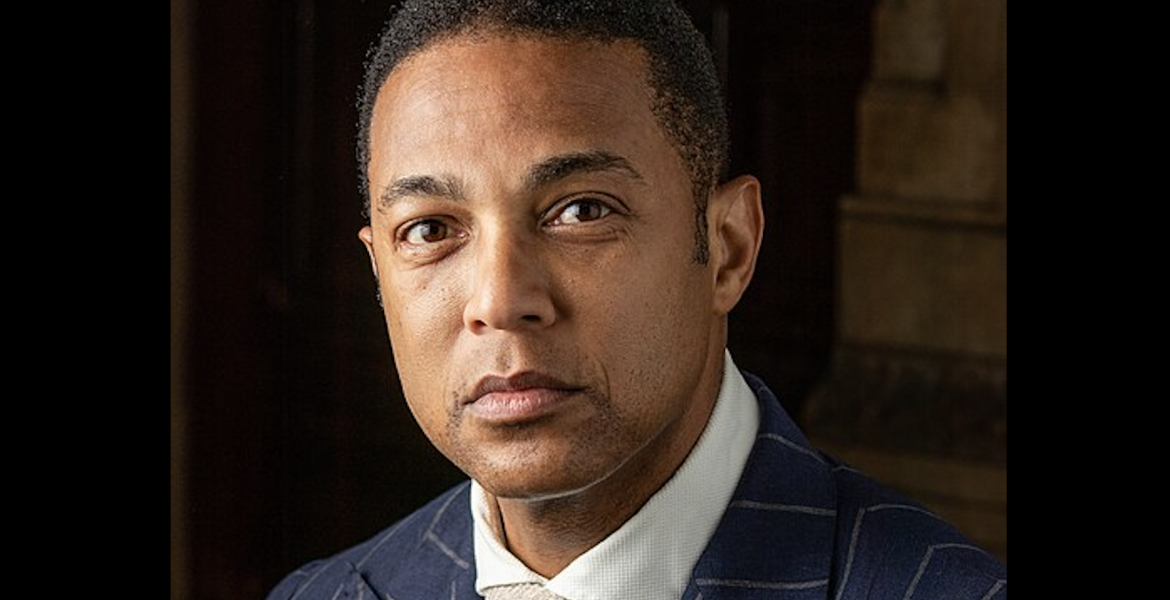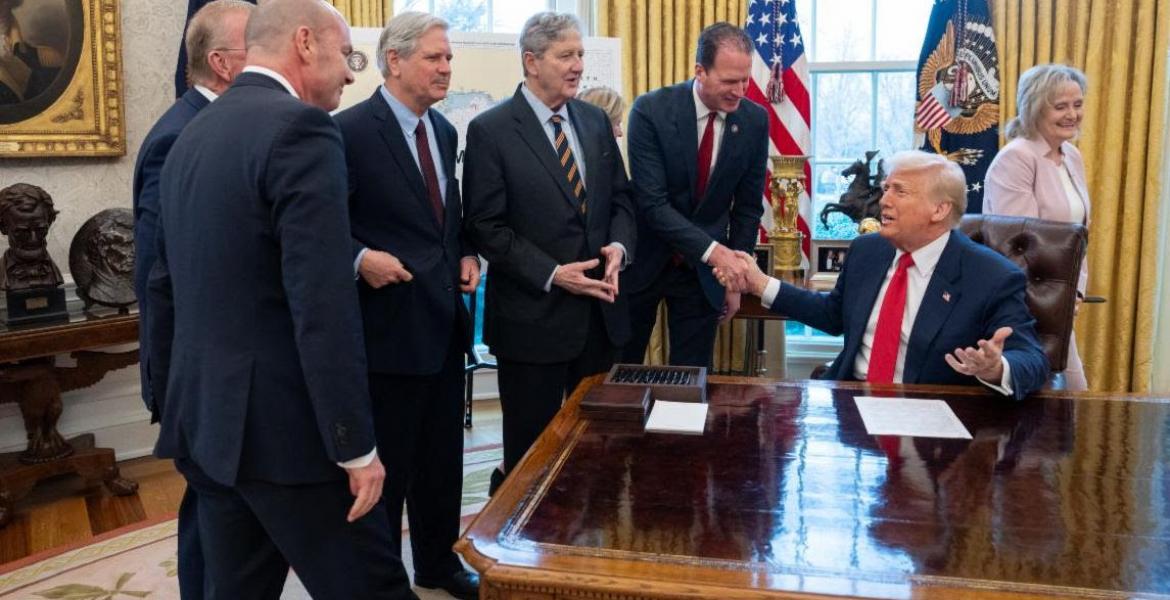OPINION — How the rehashed topic of a ballot initiative to change the way San Angelo selects its police chief is not known, but the movement to have the city manager and council select a chief instead of the current police chief election is certain to fail. Proponents of changing the process do not understand the political environment of 2022.
The police can take away anyone’s freedom— that is how the law works. In this regard, I believe it is important to review two significant episodes that describe how far our country has departed the rule of law.
Let us roll back to May 2020. Riots erupted in cities across the country over the death of George Floyd at the hands of a Minneapolis police officer. Appointed police chiefs in urban areas were not prepared for the onslaught of Antifa operatives who burned down major sections of their cities. Nor did these police chiefs possess the political capital to withstand the guilt-infused arguments of the radical left. That political capital was in the hands of city managers and councils who did very little to support their appointed chiefs. Six blocks of Seattle were occupied by protesters and the police abandoned a satellite police station. Similar situations happened in Portland, Oregon and Minneapolis, Minnesota. Federal law enforcement agencies were called in to quell rebellions in Portland.
In San Angelo, the radical left had no capability to do to downtown San Angelo what was done in the urban centers up north. But still, at least two Black Lives Matter protests were organized here. There was no physical violence, but the verbal lashing was harsh. Our police force under the leadership of an elected chief was better able to walk the fine line by protecting the public while allowing citizens to express their political point-of-view via protesting better than if the force was lead by an appointed chief. Even a star was born in Officer Craig Thomason, who quickly diffused an angry protester by engaging him. At the end of the engagement, the two sides, a San Angelo police officer and a BLM protestor, shook hands.
That officer was able to engage with the protestor because he was using the elected police chief’s political capital. An appointed chief would be too timid to allow his officers to take such a risk. Indeed, a report released in September told a story of a Seattle city government unable to hold the police department accountable to maintain law and order. In San Angelo, we have a city government struggling with issues at the animal shelter and an open revolt at its development corporation. Will adding the stress of requiring city management to handle law and order be beneficial to taxpayers?
In April of this year, social media outrage prompted hundreds of calls to the San Angelo Police Department demanding justice for two gay men who were offended by a young woman’s response when the two men approached and insulted her. Calls and internet messages pelted the police demanding her arrest. The police stayed quiet while the organization conducted its own internal affairs investigation. At the same time, the police department supported the actions of the responding officer that day, who was doxed online, with more calls originating nationwide demanding the responding officer be disciplined for not doing enough to protect the two men who were at worst offended by what the young woman said to them.
Our police department was not intimidated to make an unnecessary arrest or carry out the agenda for the radical left agitators because it could rely upon the political capital of an elected police chief, not an appointed city manager or the city council.
The case of the young woman, Evan Berryhill, is further complicated because one of the men who approached her that night works for the police department as a dispatcher and his mother is a San Angelo Police Department patrol officer. Although police found insufficient evidence to arrest Berryhill, County Attorney Chris Taylor ordered her arrest after a grueling four month investigation. The trial has been reset to January 2023 and we don’t have to re-elect Chris Taylor.
Also in 2020, a man named Jack Miller was unlawfully detained by our police for not identifying himself. Police had no legal authority to handcuff the man. However, in an effort to preserve his political capital, elected Police Chief Frank Carter provided a transparent investigation into the affair and openly announced his department’s findings. His police officers had made an error, he said. But Carter made a political decision not to fire the officers. He held the political capital to deal with the issue internally.
While having an appointed police chief will open a larger pool of candidates available to be our next police chief, there are perils of hiring someone from elsewhere. In Del Rio in 2012, the city council hired Police Chief James Debrow, a former DPS Trooper, to clean up its police force. Debrow was met with intense resistance from within the force as he attacked the problem Debrow said was with the police evidence room. Factions on the police force rebelled and the city manager was drawn into a protracted battle between Debrow, some inside the police department, the city council, mayor, and many citizens. Having an appointed chief is said by proponents to quell internal strife. In Del Rio’s case, without an orderly process like a police chief election, the cancer spread throughout the city and stayed there a very long time. The police moral problem was solved when Del Rio’s city council appointed an insider, Fred Knoll, to take the helm after Debrow resigned.
Former Austin Police Chief Art Acevedo was a high-flying chief candidate rapidly rising up the big city police chief circuit. He left Austin for Houston where public opinion about his tenure was mixed. In fact, Acevedo resisted many of the far left’s demands for defunding the police. He called out the leftists for recruiting protesters from outside Houston to arrive in his city and agitate. Maybe Acevedo had the correct viewpoint on this, but he lacked his own political capital to maintain his authority and the city manager and council would not support him. He eventually was recruited away from Houston by the City of Miami, Florida, where he engaged in a quarrel with the city commission over his belief that the Magic City is controlled by the “Cuban Mafia” (Acevedo is Cuban). After his suspension in Miami, he became a CNN contributor.
The point is that appointed police chiefs frequently do not end well. The Bureau of Labor Statistics say that 40 percent of appointed police chiefs last two years or less.
The secondary argument of the City’s charter committee to appoint a police chief is that the ordinance has no minimum requirements for who can run for chief except that the candidate must be at least 18 years old and a resident of San Angelo. Basically, these are the same requirements to become a county sheriff in Texas as it has been for over a century. Sheriffs are elected, too, but how many 18-year-old sheriffs have been elected in Texas? The charter committee did not know.
The expressed need to add professional requirements for a candidate to run for police chief is a way to stick the camel’s nose under the tent. Give proponents of an appointed chief an inch and they’ll take a mile. If we modify the ordinance next year, we will be back here in a few years debating whether or not San Angelo should appoint instead of elect its next police chief. Trust me.
Proponents of appointing a police chief failed to understand the circumstances we find ourselves in the year 2022. An elected police chief is not without its drawback of restricting the pool of candidates, but unrestricted candidate pools also have their detriments. The strongest argument for retaining our elected chief is that the election process provides the police chief his or her own political capital to tackle controversial issues. In 2022, there is no deficit of controversial political issues that encompass community policing.
The effort underway is a gigantic waste of time. The city council should disband the committee and return to solving real problems in city government. You know, like cleaning up that mess at the animal shelter or quelling the ongoing revolt at the City of San Angelo Development Corporation.
Look city management folks, I love you all, but do you really want to deal with all of society’s problems by taking over the police department… on top of all of that?
Subscribe to the LIVE! Daily
Required






Comments
Listed By: Cajun Texan
I get your point Joe, and you do have some valid points, however you're comparing apples to oranges. "The point is that appointed police chiefs frequently don't end well.", implying that elected chiefs frequently do well, however the vast, vast majority of municipal police chiefs are indeed appointed. In fact, I know of no other city that elects their top cop.
Your comparison of San Angelo to Portland, Minneapolis and Austin couldn't be more off base. Conservative Christian SA is absolutely nothing similar to those hotbeds of radical leftist liberals.
In short sir, San Angelo could indeed appoint a chief who might very well be able to move the department forward and be a spearhead of constructive change, and if, as you say, police can take away anyone's freedom, constructive change is imperative. In order to take away an individuals freedom there must be some proof of violation of law, and there are plenty of folks out there who don't violate laws.
Otherwise, I personally don't care if they will be elected or appointed, but in my opinion either could be equally good or bad.
- Log in or register to post comments
PermalinkListed By: sanglo expat
Cajun... nicely done.
As I indicated in a piece I posted some time ago, San Angelo has experienced less than stellar performance from both elected and appointed chief cops. The whole thing boils down to the qualities and personal natures of the individuals elected or appointed, and therein lies the difficulty of determining who best should be placed in such a position. Neither option for making such placement is necessarily superior to the other.
In closing, elections are primarily popularity contests. Appointments are, at least theoretically, the result of critiques and thorough analysis of qualifications. Pick your poison.
- Log in or register to post comments
PermalinkListed By: sanglo expat
...
- Log in or register to post comments
PermalinkIt’s a bad idea. I would imagine lots of places around the country would like to actually vote on their police chief like we do here. Especially the ones that claim their police are horribly corrupt and rioted for weeks over it.
- Log in or register to post comments
PermalinkPost a comment to this article here: